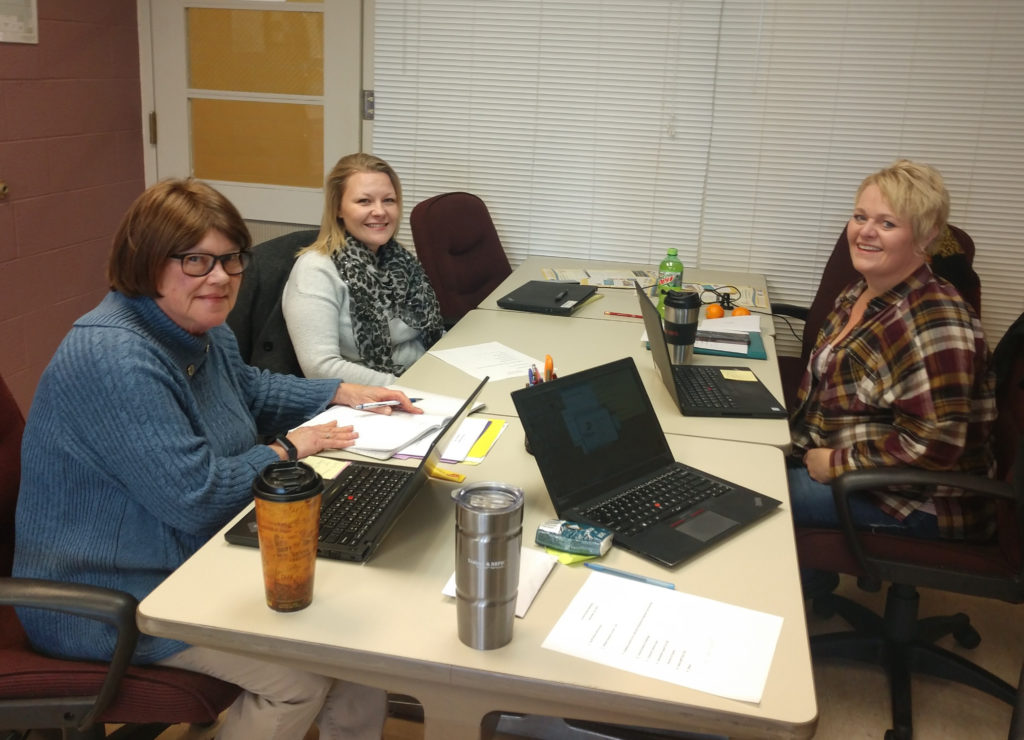
Tri-Valley Opportunity Council, Inc. actively participates in partnerships that lead to a stronger base of support for those served to specifically address life domain areas including social, physical, environmental, medical and dental, nutritional, spiritual, psychological and emotional, behavioral and intellectual, occupational, and financial. Specifically, it’s Tri-Valley’s participation as an active leader in the NW Minnesota Council of Collaboratives (CoC) that the greatest potential for creating positive and sustainable opportunities to effect lasting health equity and inclusion for people who call this region home.
The list of eligibility requirements that restrict access to services is lengthy and includes the need for a formal diagnosis or disability, being at risk of an out-of-home placement, or having an incarcerated parent, to name a few. There’s a need to figure out how prevention and early intervention services can be provided, and address risk and protective factors, absent these qualifiers, for children and parents/caregivers who are on the edge of needing, or those who are forced into entering the formal child/family service system. A system of care needs to be established that is inclusive of all persons, to advance health equity and address social determinants of health in order to prevent the onset or escalation of deeper-end needs from emerging later on.
Utilizing the existing infrastructure, knowledge of rural and frontier communities and successful approaches, the collaboration between Tri-Valley and the NW Minnesota Council of Collaboratives (CoC) established Family Partners who currently work in two school districts. They mentor families and help guide them through the service array. They become allies in helping empower children and families in their service choices. Although these positions are currently tied to funding that is specific to a children’s mental health lens with a criteria for serving children only with a severe emotional disturbance, they seek to apply the practices involved and the lessons learned, across all families in all communities in the region, whether or not a “billable” or reimbursable funding stream exists. It’s believed that by proving the efficacy and established outcomes, the principles can be applied in a sustainable and enduring continuum of services that builds resiliency and prevents the development or escalation of more costly interventions.
Anticipated outcomes include breaking down barriers to services to assure health equity for all; building resiliency in children, families and communities to effect positive life outcomes; maximizing finite resources and effecting good stewardship through coordinated efforts; improving the level and quality of the child-serving system to respond to emerging needs and; establishing a rural and frontier model of care that becomes a standard from which other communities can replicate across the nation that is enduring and sustainable.
If you have questions or would like more information about the Family Partner Program, call 218-773-5326 / 800-820-7263 or email Nancy Ramon (nancy.ramon@tvoc.org), Brandi Knutson (brandi.knutson@tvoc.org), or Melissa Gordon (melissa.gordon@tvoc.org).
